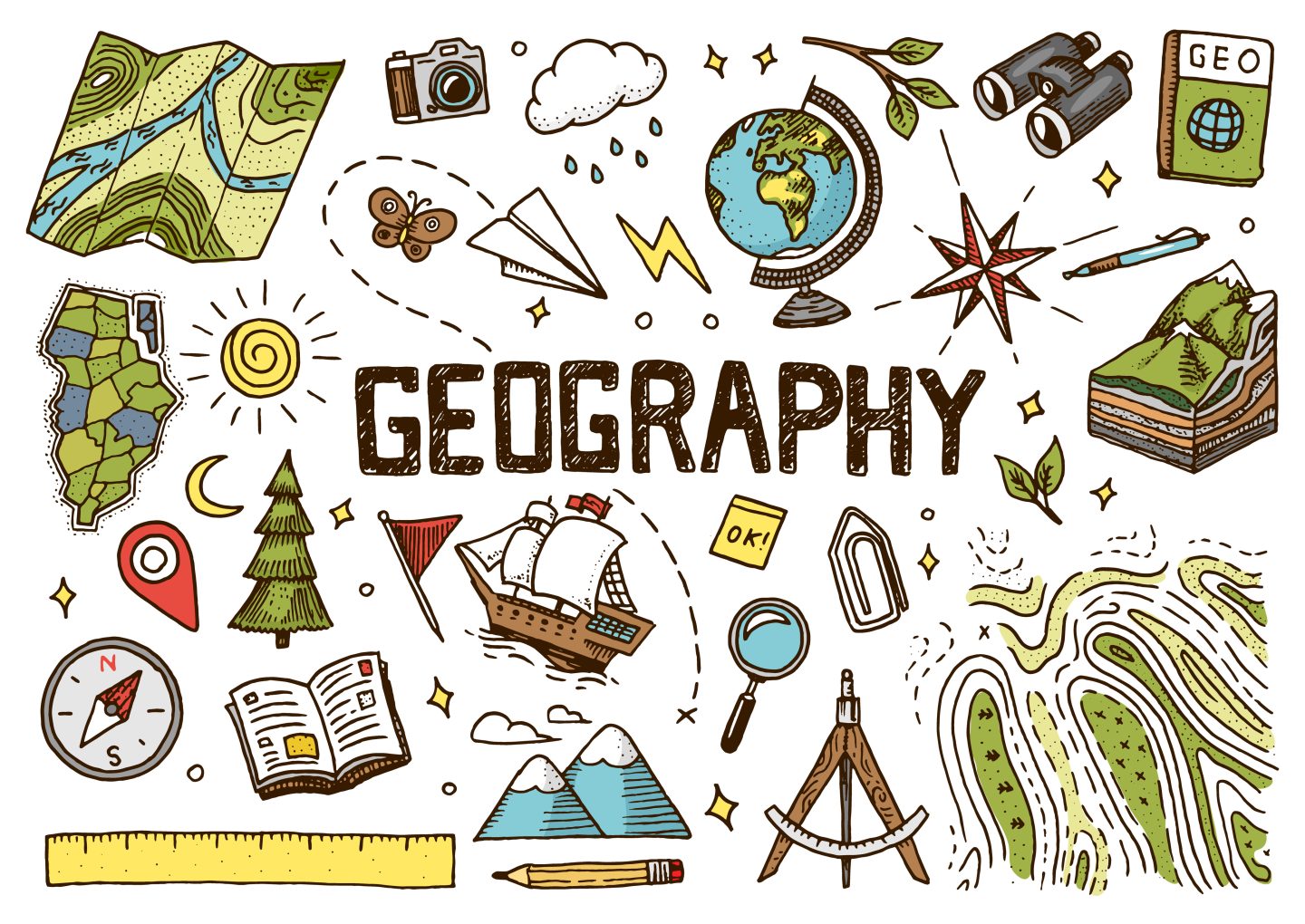
GCSE Geography Tutor
GCSE Geography tutor
GCSE Geography is a complex subject made up of both Physical & Human Geography. Performing well in both, for some students, can be a struggle. The support of a GCSE Geography tutor can help improve the final grades in both sections of the subject.
Geography is a rich and broad subject that interrogates the world’s complex physical systems, humanity’s development, and the intricate feedbacks between them. GCSE Geography develops a student’s data and geospatial skills, their written communication, and their field research, as well as offering a broad transferable skillset that underpins social sciences such as anthropology, archaeology, climate science, or economics.

Exam Boards
It is important to identify which exam board your child’s school is following for GCSE Geography as there is a wide variety of topics offered in both Human and Physical Geography papers. Your child’s exam board is one of the most useful preliminary pieces of information that you can provide, should you give us a call. It is also important to know whether your child is being put forward for a Foundation or Higher tier qualification, if applicable.
The main exam boards for GCSE Geography are:
- Oxford, Cambridge and RSA Examinations (OCR)
- Assessment and Qualifications Alliance (AQA)
- Edexcel
- CCEA
- Eduqas
- Welsh Joint Education Committee (WJEC).
- iGCSE
Areas a GCSE Geography tutor will cover:
Although course content varies significantly according to the exam board, Geography GCSE generally requires knowledge of:
- Location- including the local, the regional, and the global,
- Maps and Fieldwork- e.g. identifying, interpreting, and describing human and physical features on a map,
- Place- e.g. understanding and explaining the spatial distribution and patterns of diverse human and physical processes,
- Physical geography- e.g. physical features of landscape and the processes that affect them,
- People and environment- e.g. how challenges and opportunities vary for various populations,
- Human geography- e.g. processes such as urbanisation and economic development.
How a GCSE Geography tutor can help you do well
Whether your child’s syllabus focuses heavily on the human or the physical, for Geography GCSE exams, the key to success is for your child to map out and contextualise how the many different topics overlap and interrelate. It can be hard to get a firm grasp of the key themes and relationships, A GCSE Geography tutor can help to get a grip of these. Therefore, your child can excel through varying their learning and revision to complement the diverse subject matter. For example, when learning and revising case studies in human geography, your child and their GCSE Geography tutor might use flashcards that outline the key stages or takeaways.
When learning and revising the formation of physical landforms, it might be better to represent stages in a visual flow diagram. When revising nebulous topics such as urbanisation, it could be useful to start with a blank page and note down everything your child can recall in 5 minutes. As ever, more general question practice, exam technique, and timing are also vital.
Understand the mark scheme
It is important to understand how your child’s GCSE Geography exams will be marked. Understanding this can be really useful for helping your child revise, outside their time with their GCSE Geography tutor.
All the exam boards publish detailed guidance on what they are looking for, your GCSE tutor will keep up to date with this information. Your child needs to know exactly what the examiner wants from them in every type of question. Exam writing techniques plays a huge part in every GCSE Geography tutors lessons. Your child then needs to learn how to ‘tick the boxes’ on the mark scheme to ensure they pick up as many marks as they can.
Make a revision plan
It is really important that your child starts their revision early enough and organises their revision well. Your GCSE Geography tutor will prepare a structured revision plan by the January of their exam year. Having a structured plan will ensure all areas of the syllabus is covered and prioritised. Therefore, maximising your child’s knowledge retention.
Quality Revision
With their GCSE Geography tutor, your child will actively revise key concepts, as well as facts and figures. Therefore, learning and using key revision strategies such as: Redrafting notes, writing explanatory articles on commonly examined topics, and writing (and revising) model answers. Creating mind maps or online flashcard quizzes (using websites such as Memrise) is also useful.
It is important for your child to revise the more tactile skills examined. This includes taking bearings or measurements, using the equipment that they will actually use. However, tempting it is to buy a new protractor the day before an exam, it can introduce more uncertainty into what a nerve-racking situation is sometimes already.
Finally, towards exam season, going through and timing past papers can help your child familiarise themself with common styles of question. This will, therefore, highlight gaps in your child’s knowledge.

What is different this year?
Coronavirus contingency arrangements for the 2022 exam cycle remain the same as last year’s. The government has “remove[d] the requirement for students to undertake fieldwork on a mandated number of occasions or days outside of school or college premises” and stipulated that “exam boards will not ask questions in written examinations about fieldwork that students have undertaken themselves”.
Sitting Public exams for the first time
Sitting important public exams comes with pressures that your child may never have experienced before. Although a small amount of pressure can help your child’s performance on the day, it is important they have some time to unwind. It is important for students to take some time to relax. They should take time to do something social and something they love.
GCSE Geography Tutor
The best way to support your child through their Geography GCSE is to empower them with the tools and skills to succeed. Some targeted intervention with an experienced tutor can make all the difference. Our GCSE Geography tutors are experienced, qualified teachers, Heads of Department and Examiners. Our GCSE Geography tutors can tailor their approach to meet the particular needs of your child. They will use the methods that best suit your child’s preferred style of learning.
Other articles you may find useful: